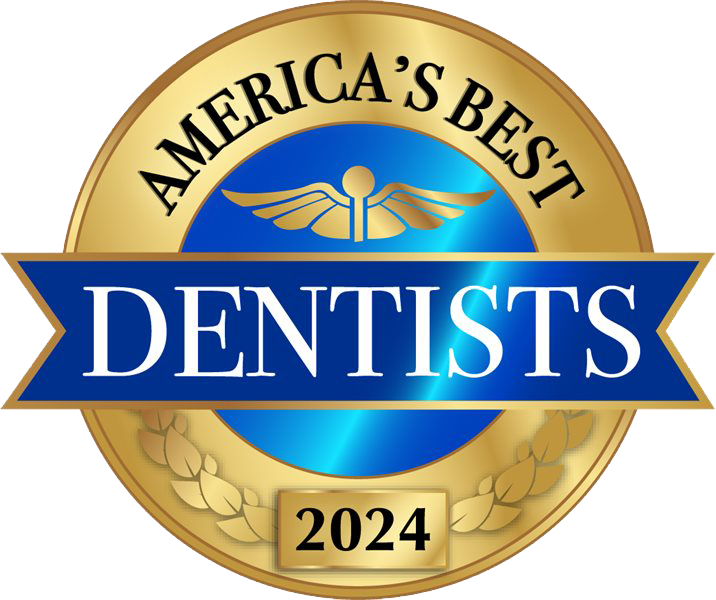The Big 3 of Oral Hygiene – Brush, Floss, and Rinse
Cherrywood Dental • October 12, 2018
Keeping your teeth strong, and your gums healthy is the best way to ensure your smile is bright and in excellent condition. There are three necessary steps to your oral hygiene routine: brushing, flossing and rinsing with mouthwash. One of the most common questions we get asked by our patients is, “which should I do first, brush, floss or rinse?”
Generally speaking, the order doesn’t matter as much as the quality of work you are putting into each task and that food particles and plaque are being successfully removed.
But Which Order Is Really Best?
The sequence makes no difference as long as you do a thorough job. Brushing and flossing is the best way to remove decay-causing plaque from your teeth and helps to maintain exceptional oral health. All three steps are essential to maintaining excellent oral hygiene. As you get older, it’s more important than ever to continue taking great care of your teeth to avoid cavities, gum disease, and tooth decay.
The primary goal of brushing and flossing is to remove plaque and to prevent tartar buildup effectively. Mouthwash can enhance those benefits while giving you fresh breath.
Should I Brush Before Flossing?
There is one main reason why brushing before flossing might make your oral care more efficient. First, most of us have a well-ingrained habit of brushing already. It’s easier to link new practices to an already existing pattern. Starting with brushing, and then adding to your oral care routine with flossing and rinsing is a great way to enhance an already established habit.
Brushing your teeth helps to remove plaque, which can lead to cavities, gingivitis, and infection. Ensure you are using the right tools by always brushing with a soft-bristled toothbrush to avoid irritating your gums. You should brush your teeth at least twice a day for at least two minutes each time.
Brushing your teeth:
- Removes plaque
- Removes food debris left behind
- Eliminates other harmful bacteria from your teeth
- Freshens breath
- Stimulates the gums
Floss Neglected Spaces
While tooth brushing removes plaque from the surfaces of your teeth, just brushing alone cannot do the entire job of removing plaque from every surface. Cleaning between the teeth daily with floss removes unwanted debris from between your teeth where your toothbrush is unable to reach. Flossing is also important because it enables you to remove plaque while it is still soft. Once plaque hardens and forms tartar, only a professional cleaning by a dental hygienist or dentist can effectively remove it. Patients who are very susceptible to gum disease or tartar buildup may want to consider flossing twice a day.
Flossing is one of the oral hygiene habits that most often gets forgotten. Poor gum health is a major cause of patients having to undergo tooth extraction procedures and can lead to gingivitis, or gum disease.
Save Swishing For Last
After brushing and flossing, rinsing is often thought of as the final step to cleaning your mouth. You may choose to rinse with just water, though many patients benefit from using a fluoride mouthwash to kill bacteria and freshen breath. Using a fluoride mouthwash for 30-60 seconds is particularly important before you go to sleep because teeth can repair themselves from the daily damage, uninterrupted. If you are unsure which mouthwash you should use, consult with your dentist at your next dental exam.
Are You Getting a Thorough Clean?
These three steps, combined with regular dental exams and professional cleanings, will ensure a lifetime of excellent oral health. While some professionals could argue that there is importance in the order in which you clean your mouth, what matters is that you complete all three steps.
Schedule a routine cleaning and exam with Cherrywood Dental Associates today.



